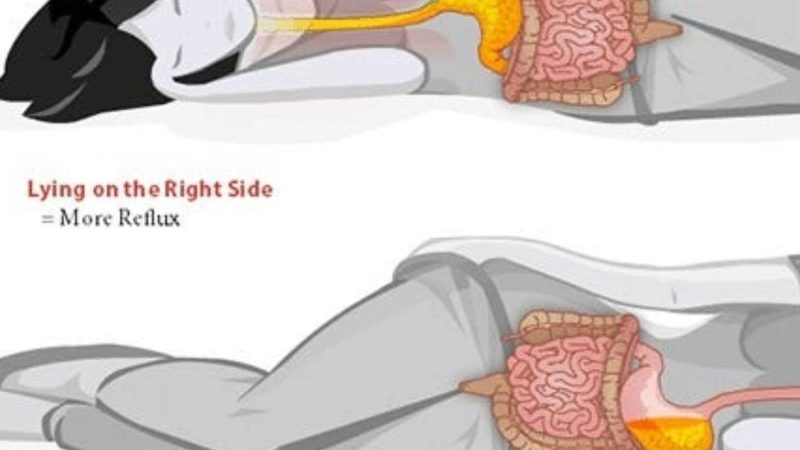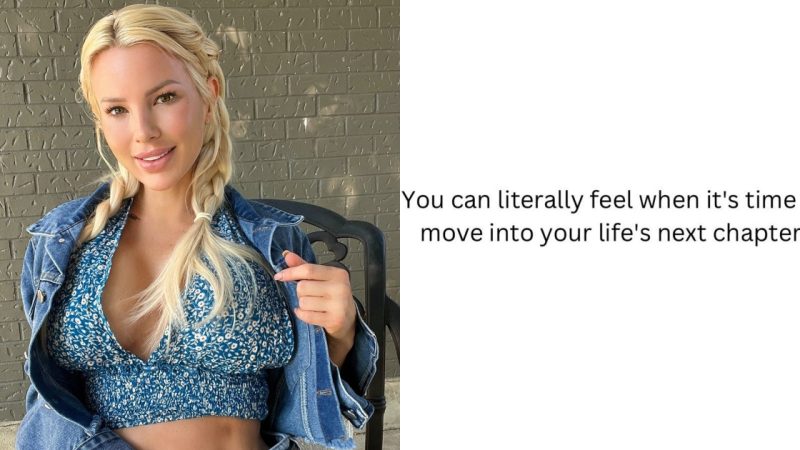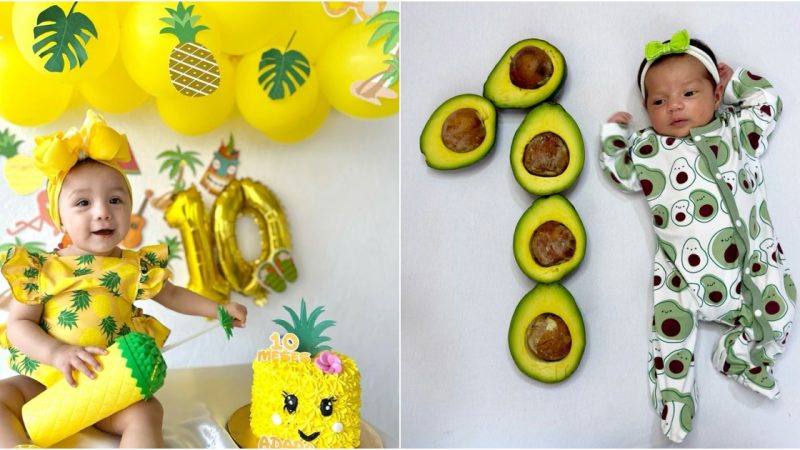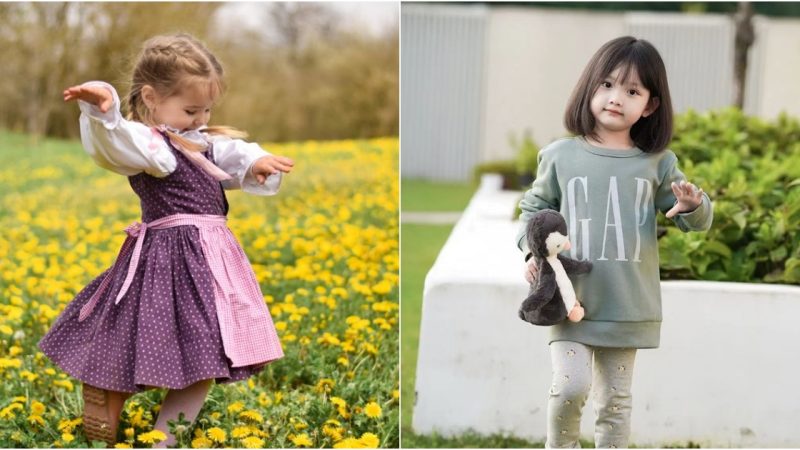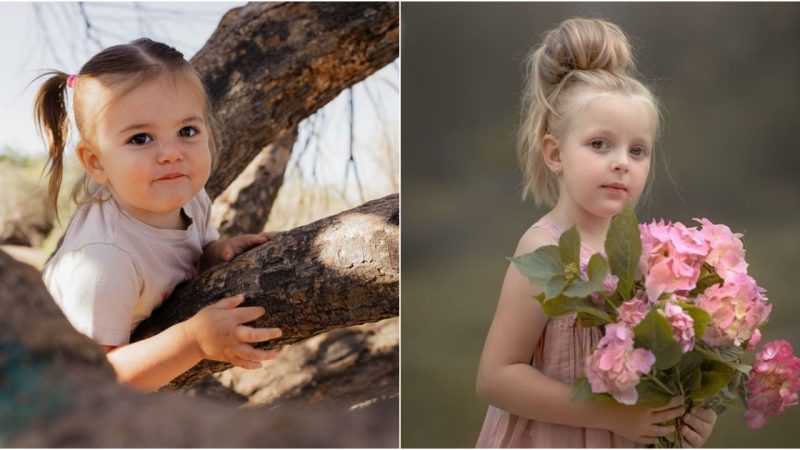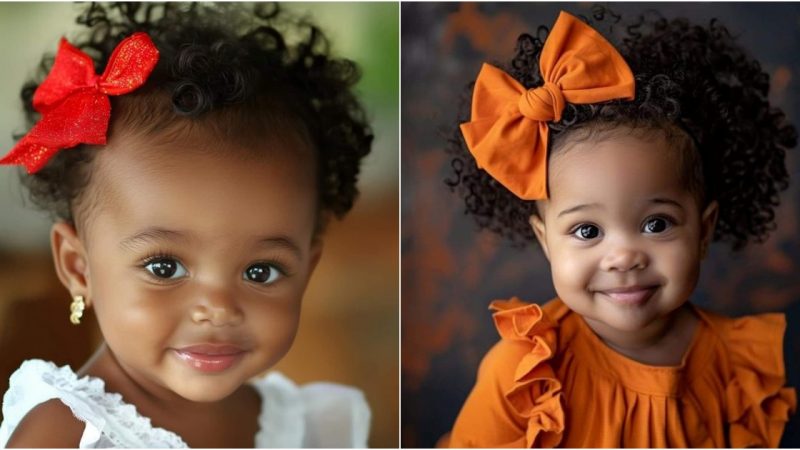In a quaint village nestled in the heart of rural India, a poignant narrative of bias and misunderstanding unfolds. The central figure of this story is a young boy whose innocence is overshadowed by a cruel label imposed upon him by his community. He is ostracized not for his actions or character, but due to an arbitrary physical trait that has led him to be deemed a “werewolf.”
A newborn baby boy, adorned in a thick black coat of hair, becomes the latest member of a family known as ‘werewolves’. His arms, face, and back are enveloped in a layer of dense black hair that will coarsen as he grows older. His mother, Maanisha Sambhaji Raut, aged 22, residing in Pune, central India, is devastated that her son has inherited the same genetic condition that has plagued her life.
She shares, “I always felt disgusted when I saw myself in the mirror, and now I wonder how my child will cope with the same trauma. My sisters and I were always teased and often called names like ghost, bear, and monkey. To know my son will also go through the pain and suffering I went through breaks my heart.”
The five-month-old baby boy, yet to be named, has inherited a rare gene passed down from Maanisha’s father. Unfortunately, there is no known cure for Werewolf Syndrome, scientifically termed hypertrichosis universalis. This incredibly rare condition affects only one in a billion individuals.
Maanisha reflects, “I was happy when I delivered a baby boy, but when I realized he suffered the same syndrome as me, I was very upset. I was shattered. I wondered if I was cursed or if I made a mistake in life and God was punishing me and my son. But he is my baby, and I will love him unconditionally the way my mother took care of me, no matter how he looks.”
Determined to provide her son with a joyful childhood devoid of the bullying she and her sisters endured, Maanisha states, “My only wish is that my child will grow up like a normal child. We lived a difficult childhood and were isolated because people couldn’t cope with the way we looked. I can only hope people will be different and kinder towards my son.”

Arjun’s parents, deeply saddened witnesses to their son’s plight, confront an uphill battle against the entrenched biases within their community. They tirelessly advocate for Arjun’s right to dignity and respect, irrespective of his physical appearance. Their efforts, however, often meet resistance and indifference, serving as a stark reminder of the challenging struggle against ingrained prejudices that persist in their society.
As Arjun navigates his days, his resilience shines through the darkness surrounding him. He is a young boy filled with dreams and aspirations, yearning for acceptance and an opportunity to prove his worth beyond his appearance. His spirit remains unbroken, his determination unwavering, as he seeks a world that will embrace him for who he is, not for the unjust label placed upon him.
This tale serves as a poignant reminder of the harsh realities faced by individuals unfairly judged and ostracized due to circumstances beyond their control. It underscores the significance of empathy, understanding, and challenging societal norms that perpetuate discrimination. As Arjun’s story spreads, may it kindle a spark of compassion that ushers in a brighter, more inclusive future for him and countless others marginalized by the narrow confines of prejudice.





